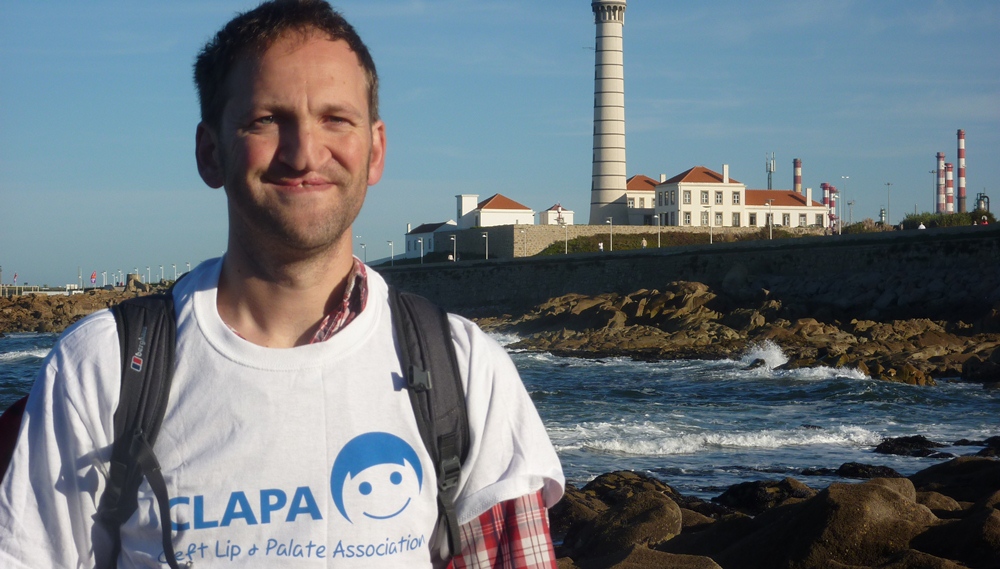
Experiences and support needs of adults born with a cleft lip and/or palate
Experiences and support needs of adults born with a cleft lip and/or palate
Nicola Marie Stock, Research Fellow for the Centre for Appearance Research and The Cleft Collective
Background
Thousands of children are born with a cleft lip and/or palate every year, yet little is known about what happens after they leave routine care as an adult. This research aimed to explore the experiences of adults born with a cleft in their own words, with a view to informing cleft services and future research in this area.
Method
Individual telephone interviews were conducted with 52 adults with cleft lip and/or palate living in the UK. Interviews were transcribed verbatim and analysed for common themes.
Research findings
This research identified three main topic areas: Growing up with a cleft; Living with a cleft as an adult; and Starting a family.
Growing up with a cleft
As adults, participants were able to reflect back over their journey to date as a whole. They described a number of factors which had helped them to adjust well to growing up with a cleft. These included:
- Being involved in treatment decisions
- Having realistic expectations about the results treatment can achieve
- Having support from family
- Awareness of cleft among the general public
- Having the opportunity to speak with a psychologist
- Meeting other people who were born with a cleft
- Being able to challenge societal ideas about beauty
- Feeling socially confident and practicing good social skills
- Focusing on their strengths and abilities
- Seeing difficulties as challenges to overcome, rather than problems to avoid
- Accepting themselves for who they are
- Having a positive outlook and being able to recognise their own personal growth
Many of these factors can be changed or improved and may therefore be of interest to families and care providers. The findings of this study may also be useful in designing and evaluating new and existing psychological interventions.
Living with a cleft as an adult
The majority of participants in this study reported having adjusted well to the challenges of being born with a cleft, and described many positive outcomes. Nonetheless, participants felt adults with cleft may need support with the following:
- ‘Transition’ from childhood services and how to get back in touch with cleft teams in the future
- How to access information about further treatment
- Confidence, self-esteem and social anxiety
- Intimacy and forming long-term relationships
- Entering the workplace
- Dealing with stigma
- Accessing psychological services
The findings of this study suggest that although most adults cope well, some may require additional information or support in dealing with ongoing issues, as well as new issues arising in adulthood.
Starting a family
Twenty-four of the adults who took part in this study were also parents. Of these participants, 16 had children unaffected by cleft lip/palate, while 8 had children who were born with a cleft. The following key points were identified:
- Adults may have little knowledge of the genetic component involved in cleft
- Adults may be unaware of how to access information about genetics
- While some participants had been upset about the possibility of their child inheriting a cleft, others believed they were best placed to deal with it because of their own experience and knowledge
- Participants felt that having a cleft had impacted on their parenting style in a positive way
Participants’ responses to their child’s diagnosis seemed to be dependent on the degree to which they had adjusted positively to their own experiences of growing up with a cleft. Psychological support, information and genetic counselling for prospective parents is therefore vital.
Dissemination
The findings from these studies have been shared at UK-wide and international conferences and have been published in the field’s leading academic journal, the Cleft Palate-Craniofacial Journal*. The findings also supported the UK campaign during Cleft Awareness Week 2014 hosted by the Cleft Lip and Palate Association and are being used to inform the ongoing development of the world’s largest cleft research programme, The Cleft Collective.
Acknowledgements
Thank you to CLAPA for their help with recruitment and dissemination, to the Healing Foundation for their financial support, and to colleagues at the Centre for Appearance Research. Thank you to Cleft NZ for their interest in this research. Most of all, thank you to everyone who took part in the study for sharing their experiences.
Contact
For more information please contact Nicola: [email protected].
*References
Nicola Marie Stock, Kristin Billaud Feragen and Nichola Rumsey (2014) “It Doesn’t All Just Stop at 18”: Psychological Adjustment and Support Needs of Adults Born With Cleft Lip and/or Palate. The Cleft Palate-Craniofacial Journal In-Press: http://dx.doi.org/10.1597/14-178.
Nicola Marie Stock and Nichola Rumsey (2014) Starting a Family: The Experience of Parents With Cleft Lip and/or Palate. The Cleft Palate-Craniofacial Journal In-Press: http://dx.doi.org/10.1597/13-314.
Nicola Marie Stock, Kristin Billaud Feragen and Nichola Rumsey (2015) Adults’ Narratives of Growing up With a Cleft Lip and/or Palate: Factors Associated With Psychological Adjustment. The Cleft Palate-Craniofacial Journal In-Press: http://dx.doi.org/10.1597/14-269.


